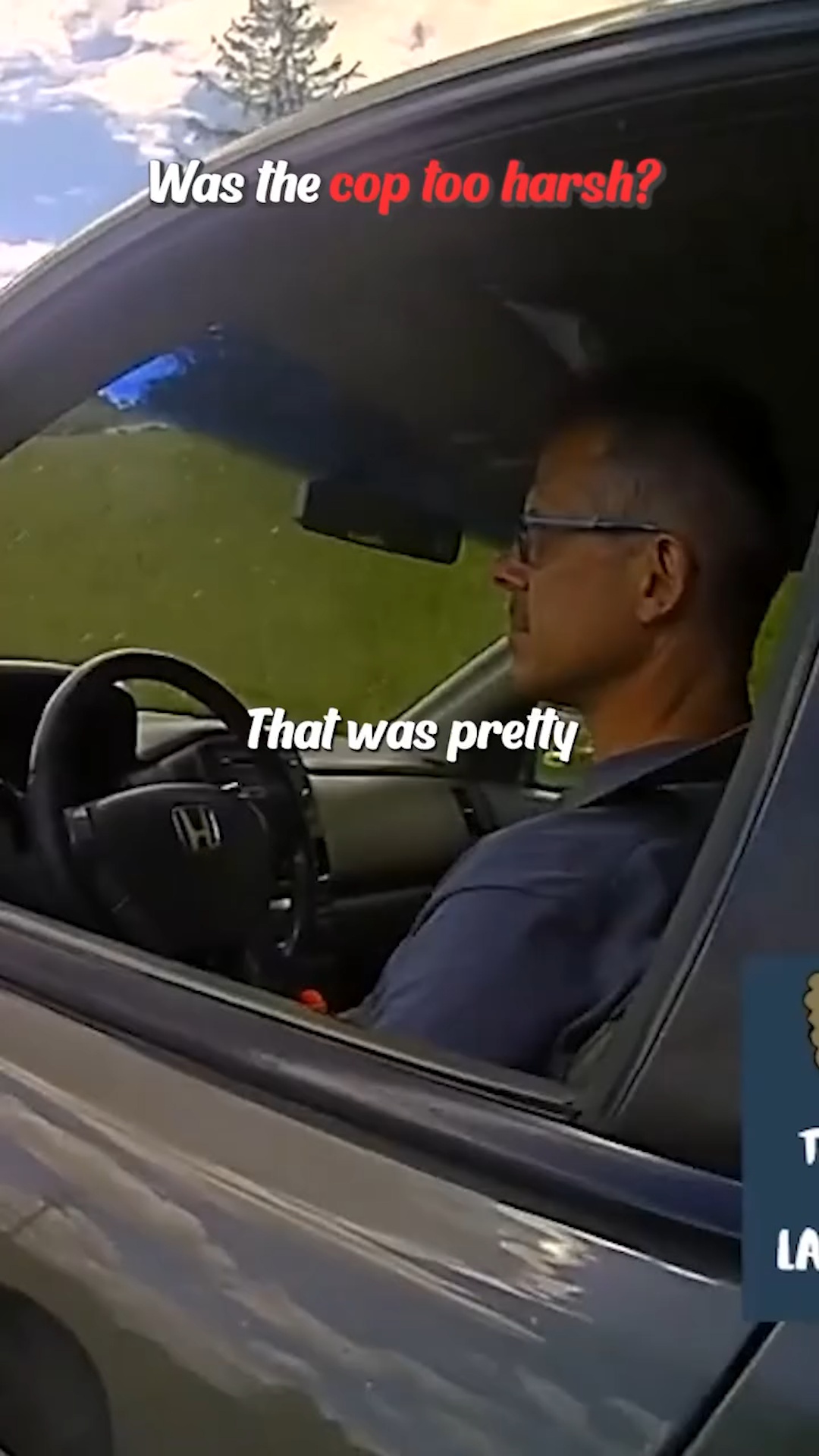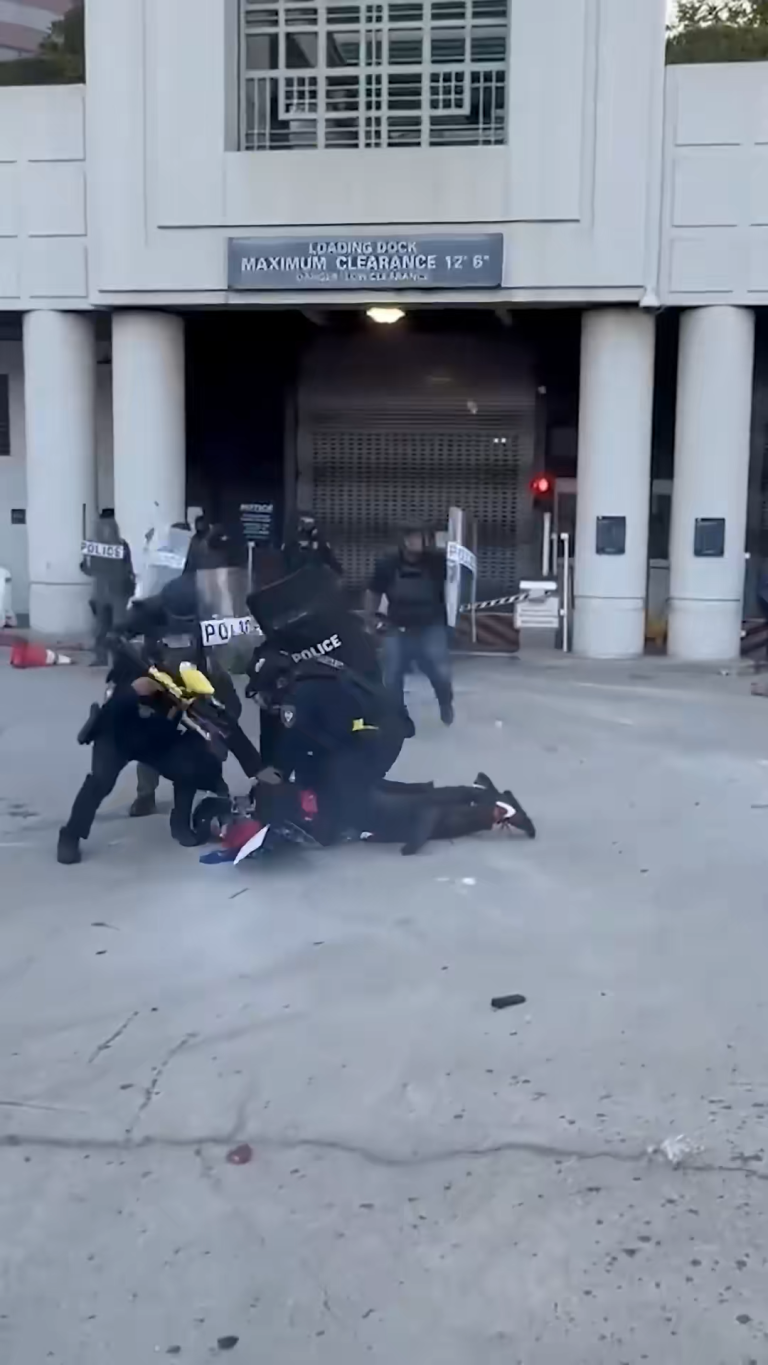
A routine traffic encounter quickly escalated into an unexpected arrest after a Florida driver flashed his headlights to warn oncoming motorists of a police radar trap ahead. In body-camera footage, the officer approaches the driver and immediately confronts him about the action. “That was pretty stupid, wasn’t it?” the officer says, claiming the driver committed a violation by using high beams during the day or night. The driver appears confused, asking whether it is actually a crime to warn others about law enforcement. While some states do not consider this illegal — and court rulings in certain places have even protected it under free speech — the officer insists he can easily justify multiple driving-related charges if necessary.
The officer then explains that he has already written the driver two citations and adds that failing to sign a registration card can carry a penalty of up to six months in jail. The tension escalates when the officer accuses the man of laughing at him. The driver responds calmly, stating that he will accept the tickets and that he is allowed to laugh if he chooses. But the officer doesn’t take it lightly. He orders the driver out of the vehicle, informs him that he is being detained, and commands him to place his hands behind his back.
The stunned driver asks if he is truly being arrested for laughing. The officer denies that is the reason — but does not offer a clear explanation for the arrest beyond previously mentioned minor infractions. The incident raises concerns about police discretion, potential abuse of authority, and whether citizens are being unfairly punished for actions that, in many places, are not considered a crime at all. The case highlights the ongoing national debate over motorists alerting others to police activity — and where the line between lawful enforcement and overreach should be drawn.




